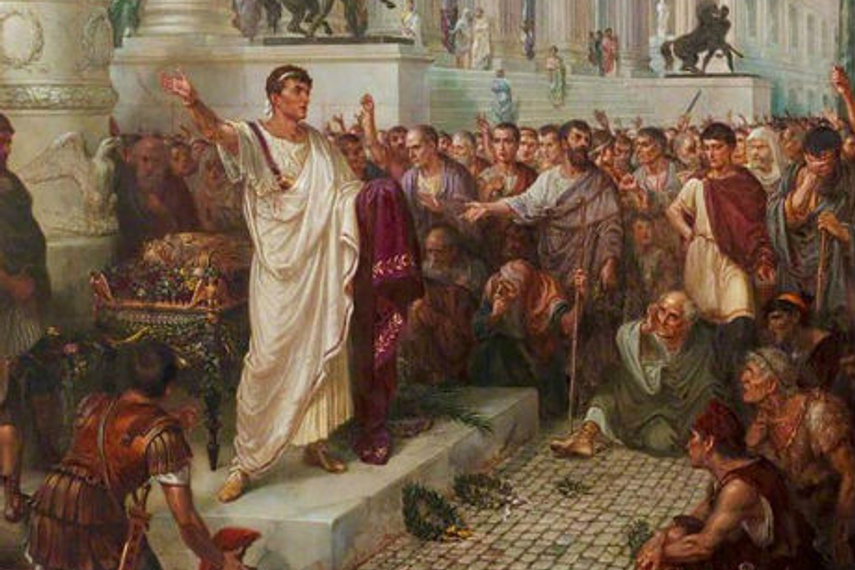
Please sign in or register
Existing users sign in here
Having trouble signing in?
Contact Customer Support at
[email protected]
or call+91 22 69489600
Human attention has value – and information overload has broken the exchange, explains the author

Contact Customer Support at
[email protected]
or call+91 22 69489600
Top news, insights and analysis every weekday
Sign up for Campaign Bulletins
11 Indians are on the list, including 2 jury presidents
The Pinterest Predicts 2026 report shows Gen Z using the platform to trade viral chaos for slower, highly curated lives. This means that making pen pals, maximalist brooches, and outdoorsy, explorer-coded fashion is back in again.
Britannia’s new campaign links tiny everyday decisions to bigger behaviour change, using the actor and mindful snacking as the creative bridge.
In a world inundated with travel imagery, where every scroll reveals another sunset, skyline, or stamp-worthy escape, Yas Island, Abu Dhabi and Pickyourtrail manage to carve out a distinct space with Smash the Ordinary.